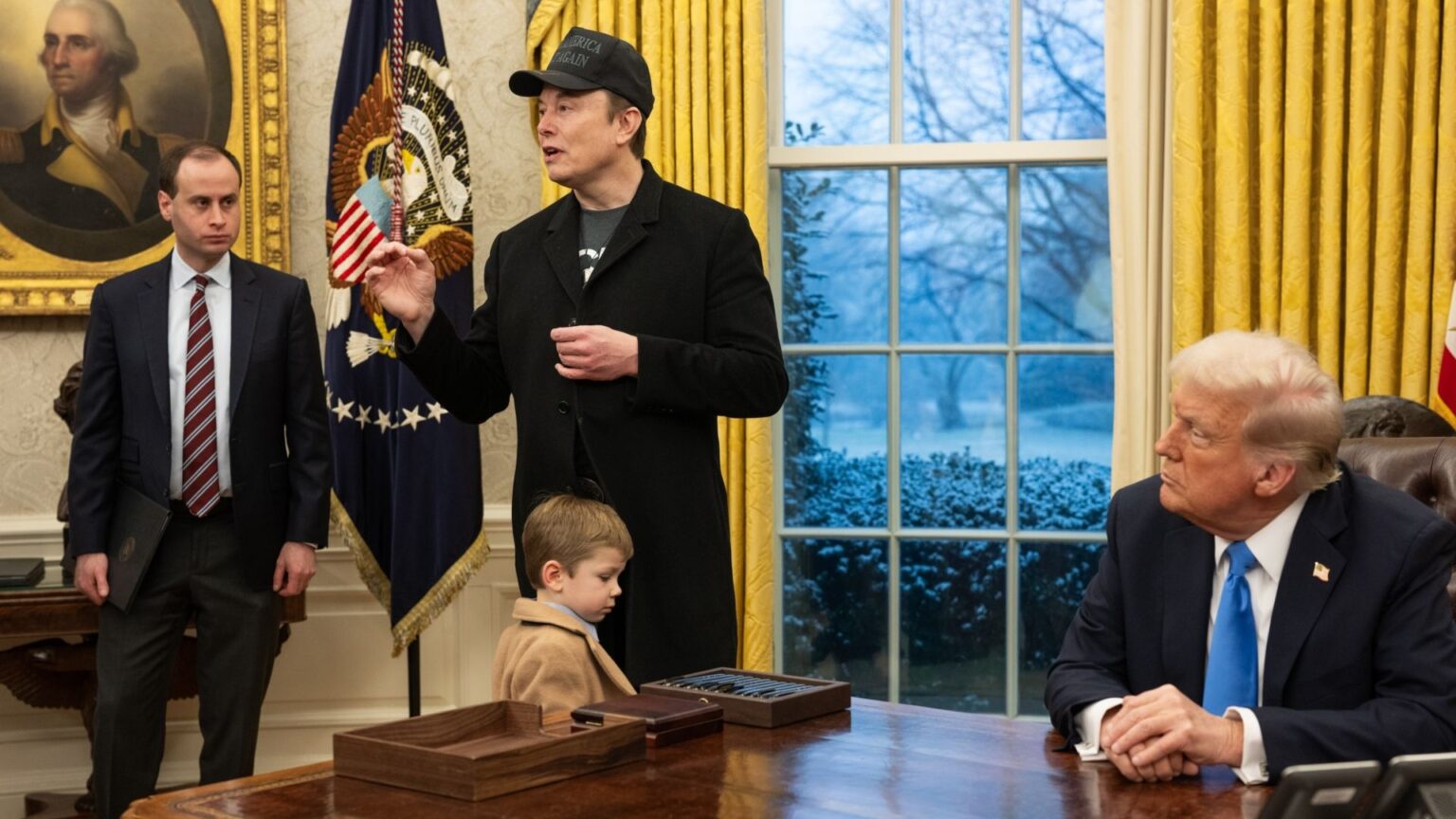Donald Trump has a long history of saying and doing things that address his immediate personal needs regardless of what it means for anyone else, including multiple nations and their multi-billion-dollar auto industries. While on the campaign warpath, he remained steadfast on his 25 percent tariff plan, despite a long queue of economists telling him the tariffs have a strong chance of having very adverse effects for many people. Trump was uninterested in their pleas.
Mr. Farley Goes To Washington
Ford CEO Jim Farley traveled to Washington on Wednesday to warn Congress that President Trump’s proposed 25% tariffs on Canada and Mexico would severely damage the U.S. auto industry, potentially adding $60 billion in costs and raising vehicle prices by around $3,000. Farley, a vocal critic of the tariffs, emphasized that they could devastate the industry in the long term. He will also urge Congress not to repeal parts of the Inflation Reduction Act, which supports the U.S. electric vehicle sector, as Ford has already invested billions in EV and battery factories.
More Pressure On The Auto Industry Promises To Hit Consumers
Roughly 15 percent of the cars buzzing around American roads are assembled in Mexico. While Canada makes a smaller percentage, the two together are responsible for nearly a quarter of the cars we Americans can buy.
After years of increasingly impossible-to-afford car prices, Trump’s tariffs risk running the cost of our cars and trucks up even higher. According to Ford’s CEO, these tariffs could be catastrophic, “blowing a hole in the US industry.” He warns that the tariffs might benefit international competitors:
“It gives free rein to South Korean, Japanese and European companies, bringing 1.5 million to 2 million vehicles into the US that wouldn’t be subject to those Mexican and Canadian tariffs. It would be one of the biggest windfalls for those companies ever.”
For the “America First” president, who just this week showed unprecedented support in favor of the invasion of Ukraine at the hands of Putin’s Russia, this tariff is another in a long, strange string of decisions that seem to suggest anything but “America First.”
What Do The Mexico And Canadian Tariffs Mean For The Future Of Automotive Production
Many CEOs and other company leaders from the world’s most prominent auto firms are reacting to the news with similarly perplexed and worried statements.
According to EV Magazine, Flavio Volpe, president of Canada’s Automotive Parts Manufacturers’ Association, predicts severe consequences: “Whether it’s auto tariffs that he comes up with on the fly or a general tariff, the net result is closures of plants all over the US at the same time as Canada and Mexico.”
Even the Germans are worried. Mercedes-Benz CEO Ola Källenius had this to say: “We’re also an American company,” Källenius stated in a recent video call with EV Magazine, “Yes, we have our headquarters in Germany, and we have European origins, but we feel American. I myself have spent six years of my Mercedes career in the US too. My children are born in the US. I feel deeply, deeply connected to the US.”
TopSpeed’s Take
The automotive industry has had a spectacularly chaotic few years. Amidst the paradigm shift of EVs, the semiconductor chip shortage, and increasing pressure from mass Chinese manufacturing, the auto industry is maxed out on stressors and changes. These tariffs could spill the industry’s troubles onto our tables.
Read the full article here


